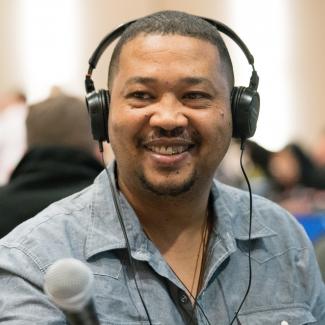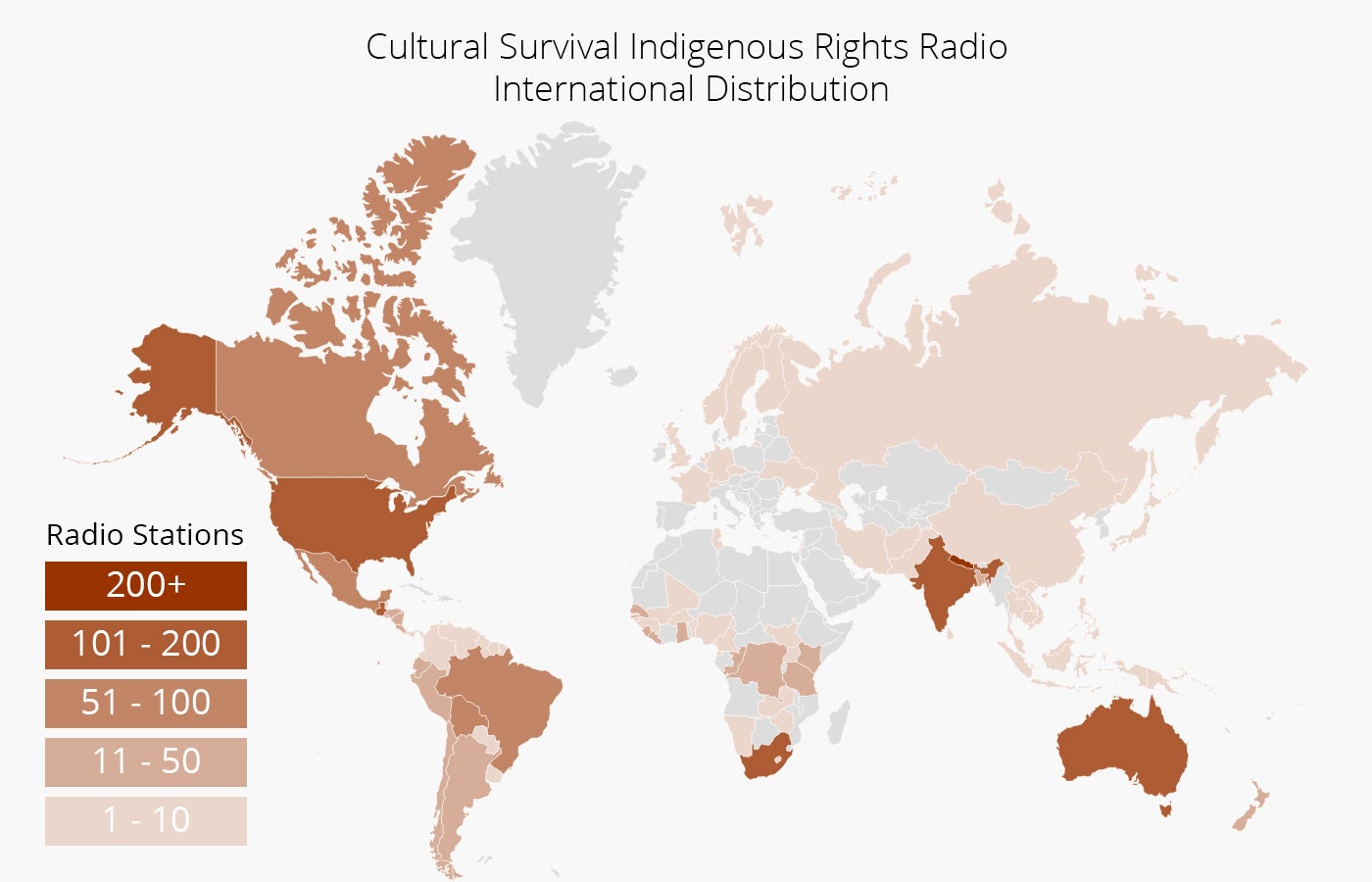
Indigenous Rights Radio, a program of Cultural Survival, uses the power of community radio to inform Indigenous communities of their rights. We envision a world in which Indigenous communities, equipped with the knowledge of their rights, are empowered to protect their lands, languages, and cultures.
Our team of Indigenous producers collects stories from Indigenous Peoples around the world in English, Spanish, and a growing variety of Indigenous languages; We bring the voices of the Indigenous Peoples of Australia, Asia, Africa, Europe, and America in a dynamic dialogue about the meaning of Indigenous Peoples' rights, their common struggles, and the innovative solutions they develop to deal with the problems they face nowadays.
1200 radio stations have received our programs, across 55 countries, in 140 languages.
Meet Our Indigenous Rights Radio Team!
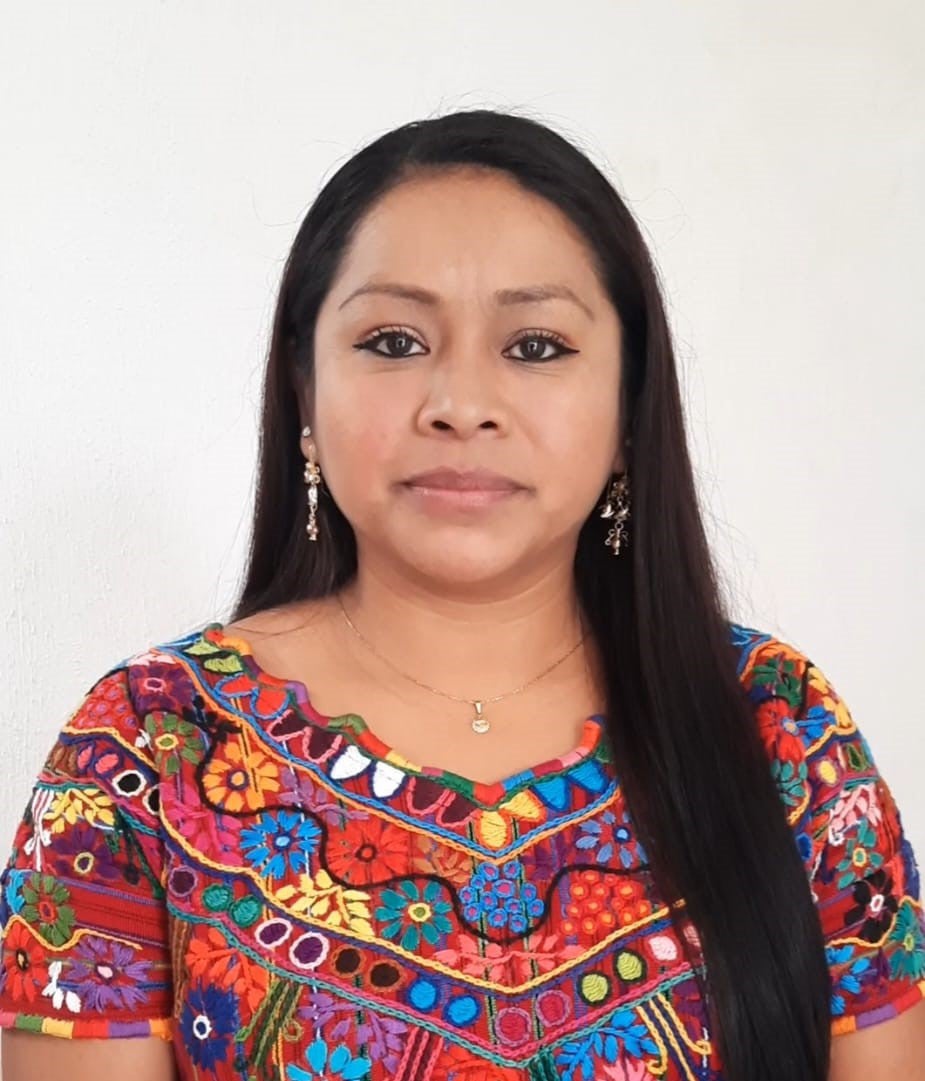
María del Rosario “ Rosy” Sul González (Maya Kaqchikel), Manager of the Indigenous Rights Radio Program. She was a producer and supervisor of radio content for Cultural Survival's Indigenous Rights Radio program. Rosy is from the town of Sumpango Sacatepéquez, in Guatemala. She studied Communication Sciences at the Universidad de San Carlos in Guatemala City, and for five years she volunteered at Radio Ixchel, the local community radio in Sumpango, where she hosted live talk shows, entertainment programs, and promoted human rights. He has traveled as a representative of Cultural Survival to communities in Peru, Panama, Costa Rica, Belize, Mexico and to various international forums, such as the United Nations Permanent Forum on Indigenous Issues in the United States and the United Nations Expert Mechanism on the Rights of Indigenous Peoples in Switzerland. In each place he shares the purpose, challenges, successes and importance of community radio as a tool for community development and organization, and in the international arena he has worked to demand that community radio be respected globally so that Indigenous Peoples can access him freely. Contact Rosy at
rosy@cs.org.
Shaldon Ferris (KhoiSan), Indigenous Rights Radio Coordinator. Shaldon started out in media by producing music videos. His work with Indigenous people started in 2006 after he went on a countrywide journey to document the origins of his family surname "Damakwa" which is a Khoi tribe of South Africa. On his paternal side, Shaldon’s San heritage can be traced to the Northern Cape, South Africa. His first film "Eldorado" premiered at the Durban International Film Festival and won an award in 2011. Shaldon became involved in radio when he started volunteering at his local community radio station, Eldos FM, eleven years ago in Eldorado Park in Johannesburg. Since then, his live show, “Cleaning Up The House,” which airs weekly on Saturday mornings, has won numerous awards, and is the longest running weekly show on Eldos FM. The show is built on interaction from the community based on current issues. Contact Shaldon at
shaldon.ferris@cs.org.
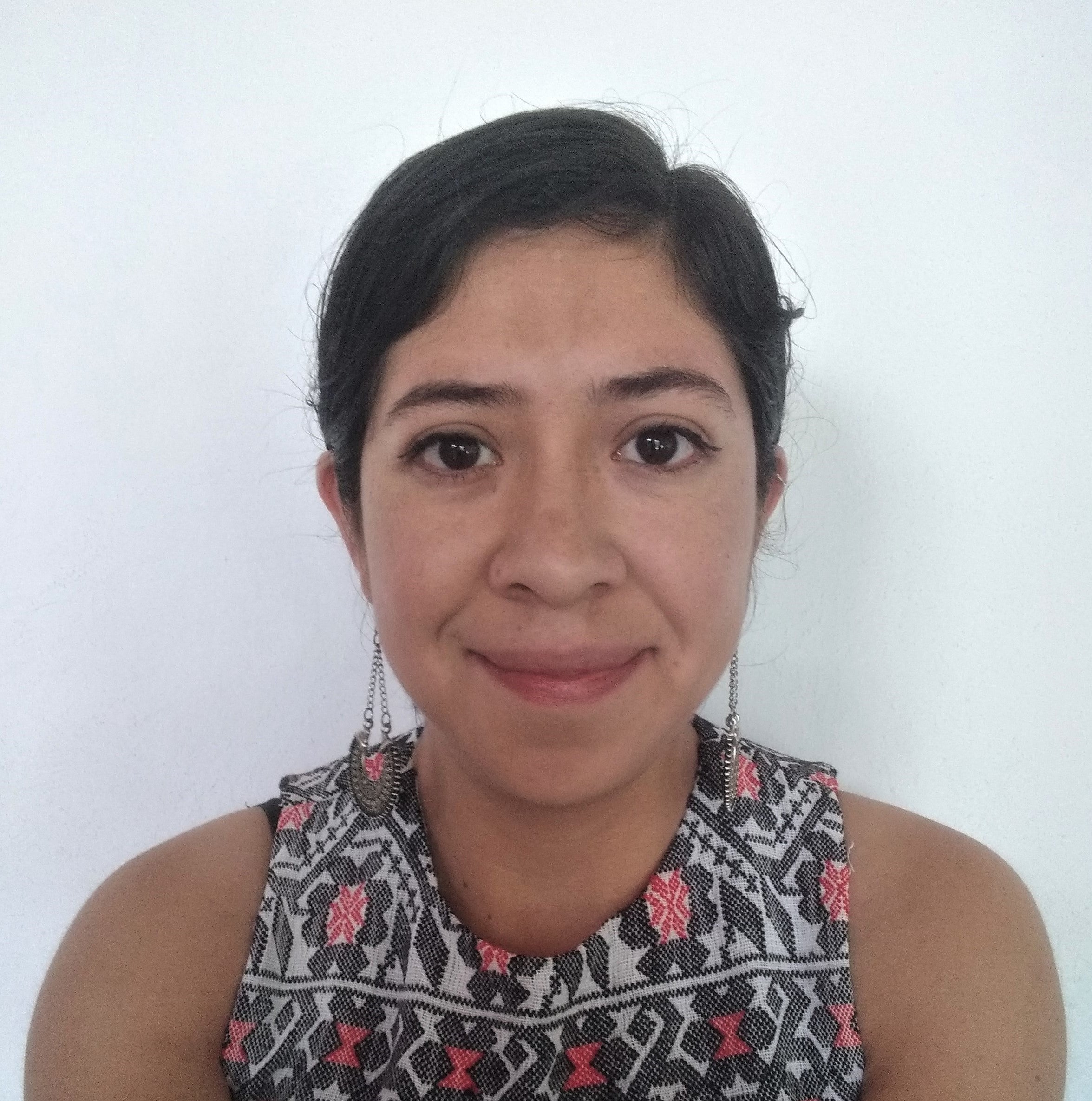
Guadalupe Pastrana, (Nahua), Indigenous Rights Radio Producer, is originally from the Malacachtepec Momoxco community of Milpa Alta, southeast of Mexico City. Her community is one of the last surviving Indigenous communities in this area. She studied Communication Sciences at the National Autonomous University of Mexico, where she is now finishing her Master's degree in Latin American Studies. She has collaborated on community communication projects in Milpa Alta and in other communities, as well as organized community multimedia production workshops. She is the Producer and Scriptwriter of a radio series on Radio Educación, a Mexican public station, dedicated to raising awareness about the struggles and experiences of Indigenous Peoples in Mexico. Her community experience has made her certain that the conservation of land by Indigenous Peoples is the only way to ensure the continuity of life and in this journey, Indigenous Peoples having their own means of communication is fundamental. Contact Guadalupe at
guadalupe.pastrana@culturalsurvival.org.
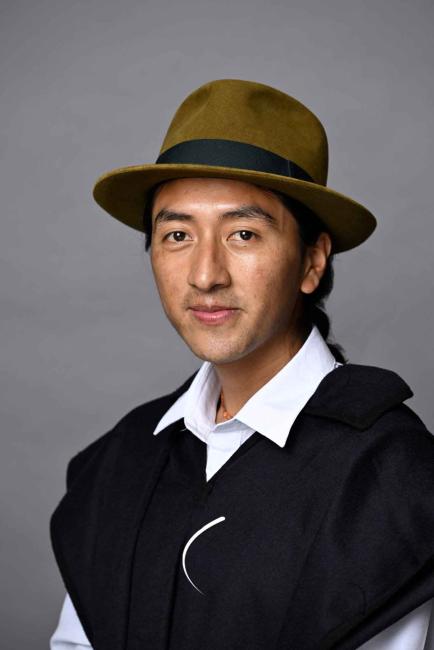
Edison Andrango (Kichwa Otavalo), Indigenous Rights Radio Program Assistant, is from the northern part of Ecuador. He studied International Relations and has a specialization in environmental management. His professional experience focuses on the development of sustainability projects in Indigenous territories. He sees himself as a bridge that facilitates connections between Indigenous communities and public and private institutions, seeking tangible results. Since his youth, he has been committed to cultural revitalization initiatives, particularly in promoting his native language, Kichwa. He has collected oral histories from older generations of Kichwa speakers. He has been a panelist on several national and international forums to speak about the humanitarian crisis caused by climate change. He says his main objective at Cultural Survival is to continue promoting projects that amplify the voices of Indigenous Peoples. Edison speaks Kichwa, English, and Spanish. Contact Edison at
edison.andrango@culturalsurvival.org.


